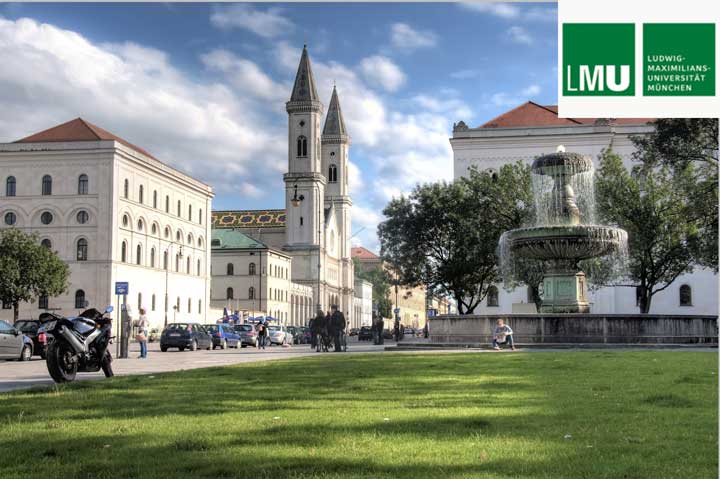Do you know that Universities in Germany now offer tuition FREE admission to International students?
“We got rid of tuition fees because we do not want higher education to depend on the wealth of the parents.”
– The Hornet, the Green Party minister for science and culture in Lower Saxony, Gabriele Heinen-Kljajic
Germany is currently the fourth most popular destination for international students to study abroad; behind US, UK and Australia. As from October 2014, all the public universities in Germany fully abolished tuition fees for undergraduate studies, for both domestic and international students, to become a country free of university tuition fees.

Table of Contents
Undergraduate costs to study in Germany
While tuition is now free at all universities in Germany, there is still a nominal cost that all students will be charged. This cost, usually no more than €250 (US$315) per semester, is in place to cover administration, student support services and other unavoidable costs.
Are Masters and PhD studies also tuition free for international students?
Master’s degrees at German universities are usually free if they are classed as “consecutive” – i.e. following directly on from a related bachelor’s degree gained in Germany. However, a “non-consecutive” master’s degree, for those who have gained their bachelor’s degree elsewhere in the world, can cost more than €10,000 (US$12,644) per semester, and private German universities can charge up to €30,000 (US$34,300) per year for a master’s degree.
At PhD level, tuition is once again free at all public universities in Germany – for the first six semesters at least. As all levels of study, PhD students are also required to make a semester contribution of between €150 (US$170) and €250 (US$315) for administration and other costs, according DAAD.
Fortunately, a number of scholarships exists for Masters and PhD study in Germany (including undergraduate)
DAAD Scholarship
The German Academic Exchange Service (DAAD) is a publicly-funded independent organization of higher education institutions in Germany. Each year, DAAD provide financial support to over 120,000 highly-qualified German and international students to live and study in Germany for free or at a more affordable cost. The scholarships to study in Germany are offered to domestic and international students of all levels, as well as academics and researchers. See link.
Heinrich Boll Foundation Scholarships
The Heinrich Böll Foundation grants scholarships to approximately 1,000 undergraduates, graduates, and doctoral students of all subjects and nationalities per year, who are pursuing their degree at universities in Germany. See link
You can search for other scholarship opportunities in German universities at DAAD scholarship database.
Cost of living in Germany
Based on official figures from the DAAD (German Academic Exchange Service), the average cost of living and studying in Germany is US$10,520 (€9,170) per year; breaking down to US$540 (€470) for school fees and US$9,980 (€8,700) for 12 months of living – covering food, transport, accommodation, entertainment, course materials and other necessities.
Of course, the amount will fluctuate depending on the length of your program, your level of study, the German state you live in and whether your university is private or public.
You can get a scholarship to offset these costs.
You can learn more about studying in Germany on here.








